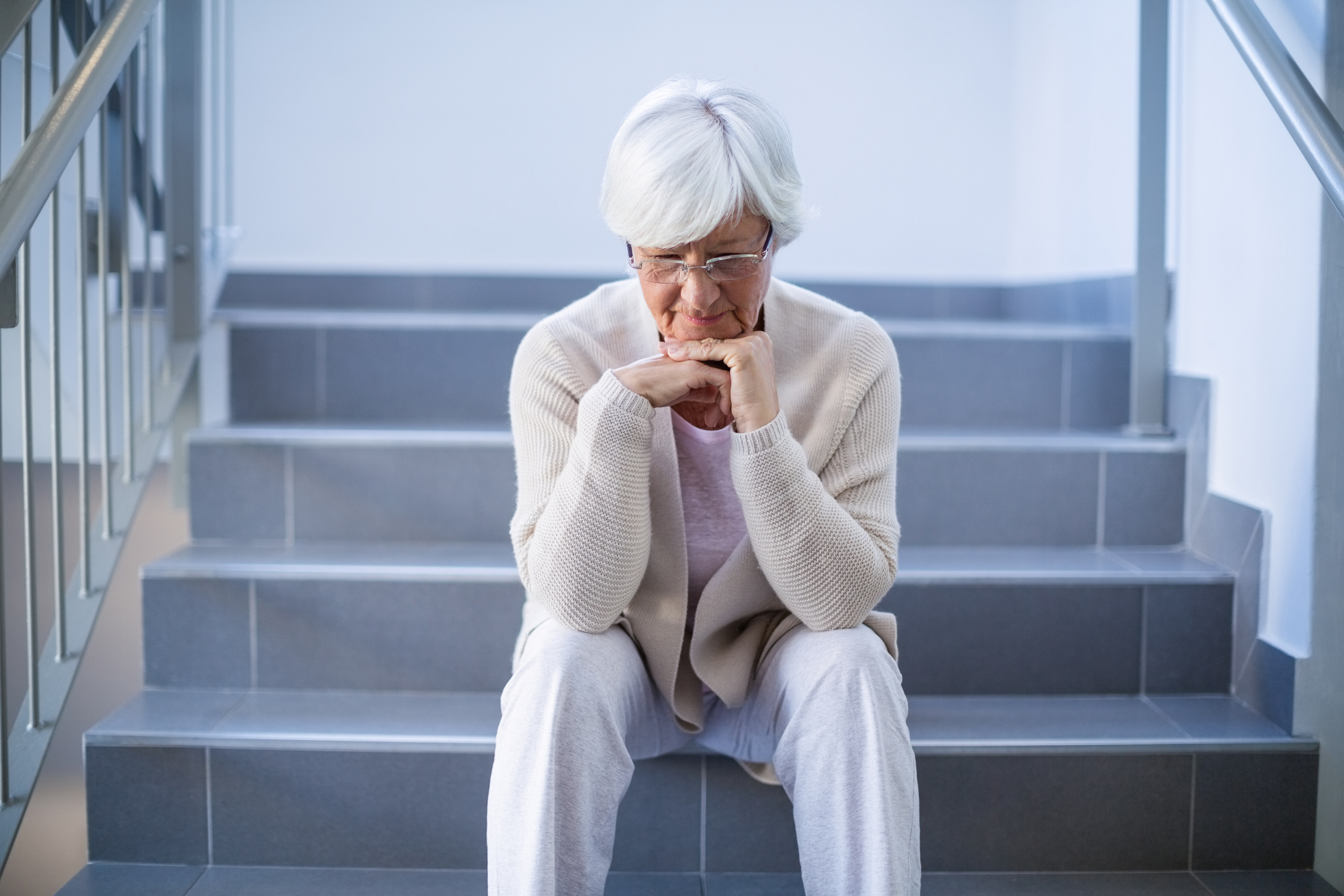Caring for an elderly parent or other loved one can be an emotionally and physically taxing time in life, especially when caregivers are sandwiched between raising children of their own, a career and helping to look after the needs of aging parents. And the demands of being a family caregiver to an elderly or ill parent can have lasting effects beyond the expected grief and exhaustion when a loved one dies. Studies have found that being an informal family caregiver can put adults at risk for developing PTSD (post-traumatic stress disorder).
According to a recent Washington Post report, research out of the University of California has found caregivers who were called upon to make decisions following the hospitalization of a loved-one frequently experience symptoms of PTSD and anxiety, even months after patient discharge. Caregiving for someone with a chronic condition who has frequent medical appointments and may be hospitalized often requires a great deal of time and emotional investment. Being a caregiver, while rewarding, can also be extremely stressful and overwhelming.
With more research into the effects of being a family caregiver, greater efforts are being made to help adults taking on this role understand the vital need for respite care, emotional support and time to care for their own health and well-being. Many caregivers withdraw socially when they are overwhelmed which can also lead to depression.
If caregivers start their role with a game plan for much-needed breaks to exercise, see friends, keep appointments and participate in social activities, the demands of caregiving can be much more manageable. Talk with your doctor or hospital social worker or look for caregiver resources like the National Alliance for Caregiving to learn where you can find local support.
Symptoms of Anxiety and PTSD
- Re-experiencing the trauma through intrusive distressing recollections of the event, flashbacks, and nightmares.
- Emotional numbness and avoidance of places, people, and activities that are reminders of the trauma.
- Increased arousal such as difficulty sleeping and concentrating, feeling jumpy, and being easily irritated and angered.
Source: Anxiety and Depression Association of America
If you or a loved one is experiencing any of these symptoms of PTSD as a result of caregiving, talk with your doctor about treatment and coping strategies. There are also a number of Mobile Apps, videos and online courses available through the National Center for PTSD to help provide education and coping skills. These are not a replacement for professional care.






Add Your Voice
0 Comments
Join the Discussion